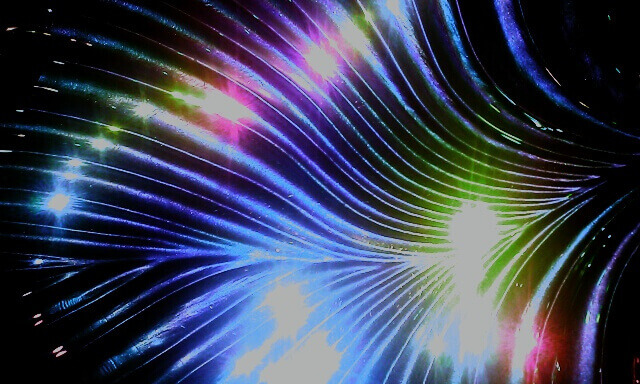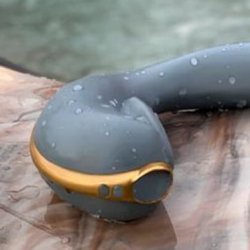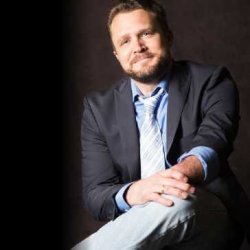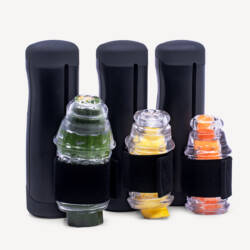Gender Diversity and Asexuality: Future Sexualities Part 2
Exploring the future of gender and sex.

In Robotic Lovers and Artificial Companions, we played with where our sexual interest in the artificial—robots, dolls software, and the like—might lead in the very near future.
But any thought experiments about what might be coming to human sexuality has to delve into the human as well as the manufactured.
Because it is what we could become that could be truly remarkable, both in regards to erotic enjoyment but also in what it means to be human.
Beyond male and female
It looks like many are finally beginning to understand, and better yet, accept that our concepts of male and female are woefully inadequate—especially when it comes to sexuality.
Just look at the common triumvirate of heterosexual, homosexual, and bisexual. All of these are based pretty universally on the idea of a person being male or female. But, no doubt since that first hominid looked lustily at that first wheel, humanity has been more than one or the other.
With the advent of new surgical techniques, a better understanding of hormones, implantable devices, plus the growing acceptance of transgender individuals in many countries (with a few steps back in the United States), the concept of gender and arousal is being beautifully expanded.
It’s telling that the Merriam-Webster and Oxford English Dictionary included both the term cisgender (“being a person whose gender identity corresponds with the sex the person had or was identified as having at birth”) and genderqueer (“a person whose gender identity cannot be categorized as solely male or female”) in their recent updates.
While there is definitely room for improvement in general attitudes toward gender and sex, that the technological power of our information age is being used to share and educate about the options, and acceptance, of sex beyond male or female is thrilling.
Without a doubt, the future will see an erotic landscape full of new emotional and physical forms of gender and sexuality; a world of near-infinite possibilities for self-identification and, best of all, pleasure.
None of the above
With the acceptance of new forms of sexuality is also the arrival of the acceptance of having no sexual desire.
Gaining momentum is the concept of being asexual (“a person who does not experience sexual attraction”—using asexuality.org this time as Merriam-Webster seems out-of-touch on the subject).
“Unlike celibacy,” asexuality.org continues, “which is a choice, asexuality is a sexual orientation. Asexual people have the same emotional needs as everybody else and are just as capable of forming intimate relationships.”
In an interview with Ravishly, a woman named Sarah says about her asexuality:
“I am not broken. I am not looking to be fixed. I am entitled to feel my emotions in my own varying levels, just as much as any other person. I understand I come across ‘prudish’ in behavior, but I am not holding anything back. I will happily answer questions but please do not go into a conversation determined to prove me wrong. I am an honest person who can only offer that which I have to give. I would never discredit another person’s sexual desire or disregard their emotions; I have always been baffled by other’s determination to do just that to me.”
A free and open future
 |
Much has been said, and written, about the how technology has changed humanity in some pretty staggering ways over the last few years. Digital publishing, virtual and augmented reality, “The Internet Of Things” and device interconnectivity, 3D printing… the list goes on and on.
The most profound change, however, is right in the often-used title for the years we are experiencing at this present moment: The Information Age.
While we have a long way to go, the power of the Internet to dissolve distance and bring people together is already transforming every aspect of our lives—especially in regards love and sexuality.
Beginning now, if we play our societal cards right, it could be the beginning of the end for loneliness, shame, guilt, and fear when it comes to what arouses and emotionally fulfills.
Or, to put it simply, we’ll hopefully have the power to look beyond ourselves and discover others for help—and for love.
&;
Image sources: deedavee easyflow, MoToMo
Leave a reply
You must be logged in to post a comment.

















